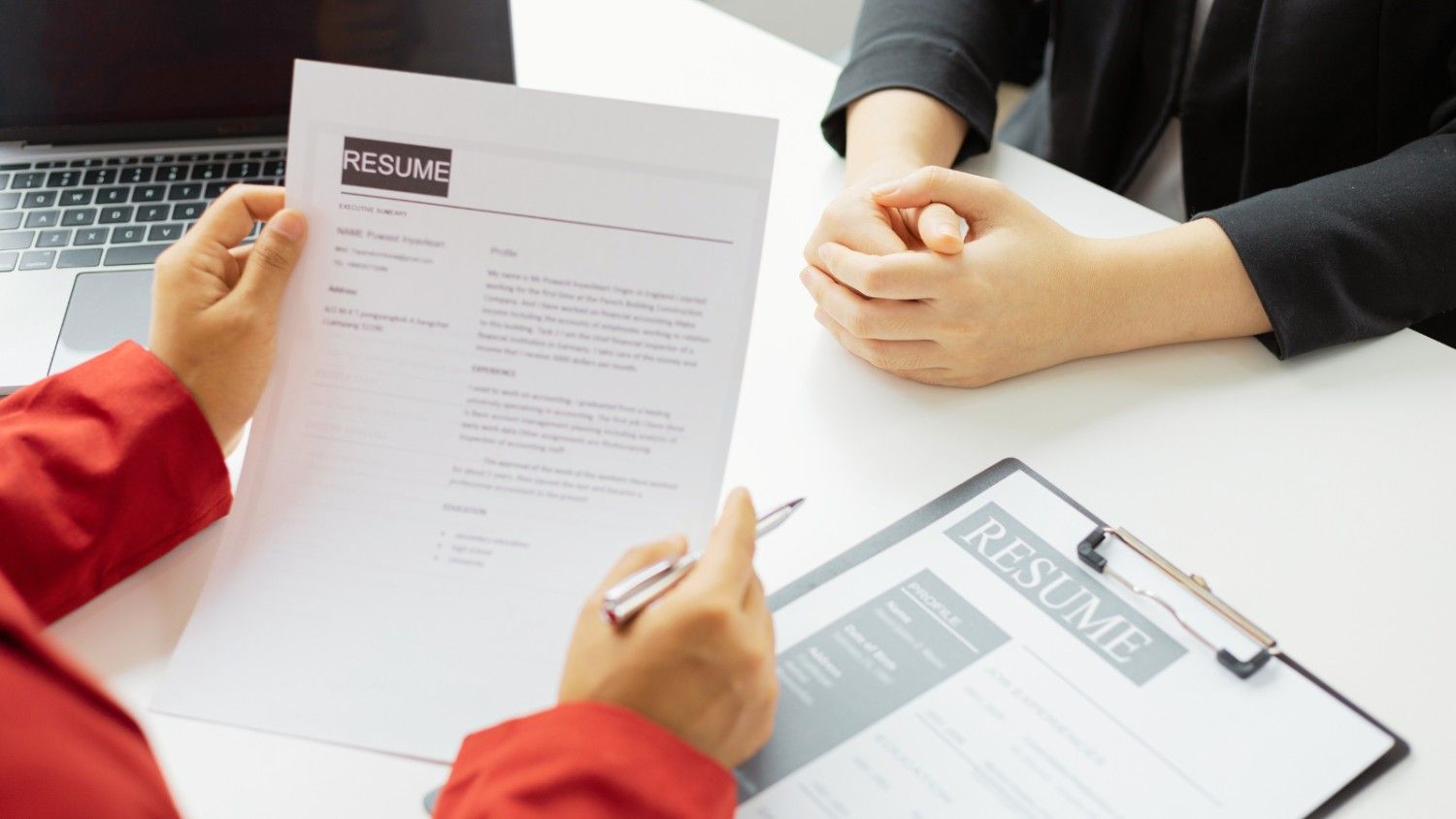Are Recruiters Biased Against Introverts?

We took note of an article entitled 5 Myths About Introversion by Lisa Petrilli (author of several books on the topic).
As recruiters, we’ve often been struck by how all of our clients want someone who is “outgoing, open, personable, etc.” – all the traits that are characteristic of extroverts.
Extroverts are in the majority. Depending on what authority you use, the percentage of extroverts in the general population is 60-75%. So, if everyone wants an extrovert in a leadership role, do the introverts have to settle for limited growth in their career?
Take into consideration a hypothetical situation where a man is an extrovert and his wife is an introvert. He derives energy from groups of people, and she does not. She feels more comfortable and “recharged” in solo or one-on-one situations. Yet. the wife is the Associated Dean of a University. She comes in contact with large numbers of people regularly. Her frequent meetings involve 12-25 people. When she teaches, her classroom typically has 60 students, but she has spoken before hundreds, including commencement. How, as an introvert, does she handle this?
As Petrilli points out, there are several myths (misconceptions) about introverts:
They are not necessarily shy – extroverts can actually exhibit as much shyness.
They are not socially inept – they can be quite successful in social interaction, and are often well-liked.
They do not fear public speaking any more than extroverts do – both are fearful of public speaking in equal number.
They do not lack communication skills. Introverts can be very articulate and engaging.
They don’t have to “overcome” their introversion (it isn’t a character flaw), but they often work hard to do so. We find that the extroverts we interview as job candidates take for granted their ability to engage with others, and therefore might not tune in to the reaction of the other people. Whereas, the introvert is keenly aware of the interaction, and usually working harder to make it successful.
On the job, introverts sometimes need to warm up to people, but once they are used to the crowd they’re in, they can be fully effective. Extroverts expect to be fully accepted by others, and may have less social awareness.
We believe that recruiters are inherently biased against introverts, and maybe without justification. The Myers-Briggs Type analysis points out that the real key difference is where a person derives energy – from groups of people, or from solo or one-on-one interactions. How we derive our energy is not a predictor of all forms of our behavior, because there are so many other motivators at play.
A good way to remove our prejudices against introverts is to ask for success stories, from both the candidate and the references, on how they do in key behavioral areas: team building, motivation, presentations to superiors and customers, conflict resolution, etc. We think most recruiters would be surprised at how effective introverts can be in “people” areas!
























